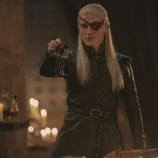Omar Sharif


-
Recently Browsing 0 members
- No registered users viewing this page.

Recommended Posts
Join the conversation
You can post now and register later. If you have an account, sign in now to post with your account.